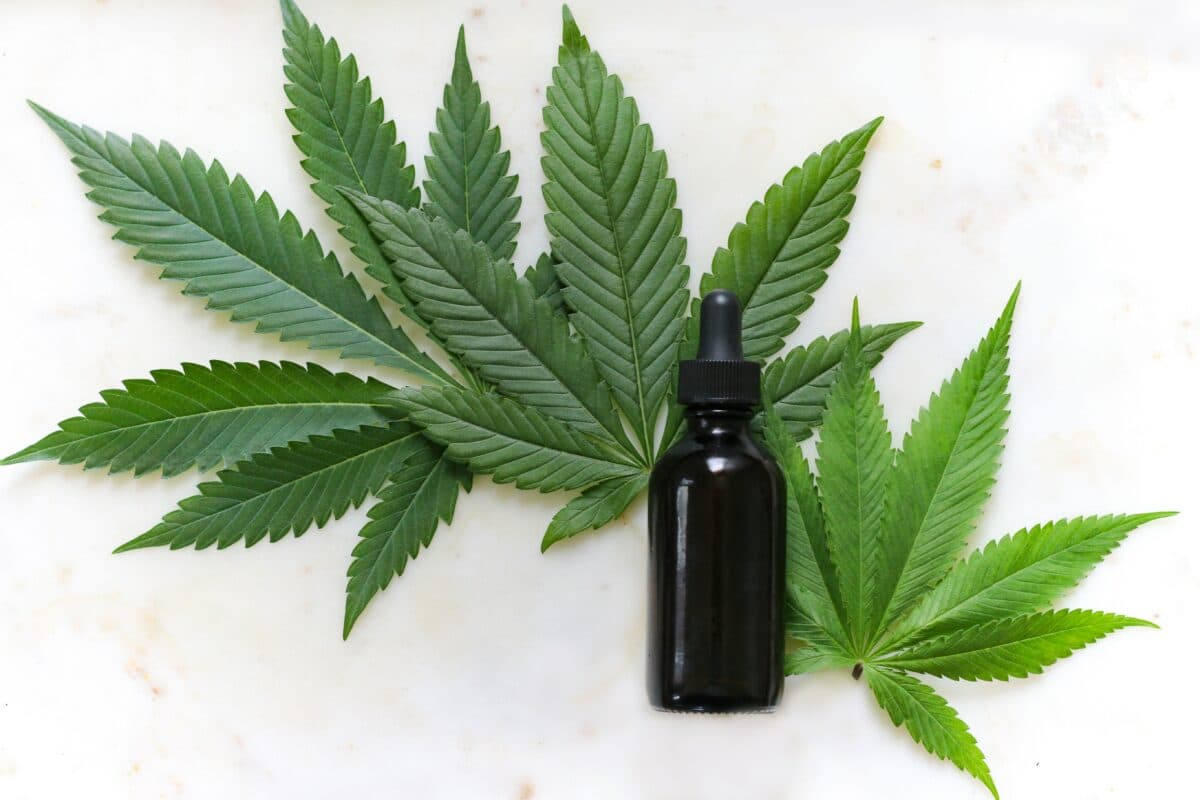November 25, 2019 – The U.S. Food and Drug Administration (FDA) has issued warning letters to 15 companies for illegally selling products containing cannabidiol (CBD) in ways that violate the Federal Food, Drug, and Cosmetic Act (FD&C Act). The FDA found that these particular companies were using product webpages, online stores and social media to market CBD products that claimed to prevent, diagnose, mitigate, treat or cure serious diseases, such as cancer, or for other therapeutic uses for humans and/or animals. Other violations included marketing of CBD products as dietary supplements, despite them not meeting the definition of a dietary supplement, as well as adding CBD to human and animal food products.
Currently, under the FD&C Act, it is illegal to sell any human or animal product to which certain drug ingredients, such as CBD, have been added. So far, the FDA has only approved one prescription drug product containing CBD to treat two rare and severe forms of epilepsy, as there is very limited information available regarding CBD, including its effects on the body. Despite the 2018 Farm Bill removing hemp — defined as cannabis and cannabis derivatives with very low concentrations (no more than 0.3% on a dry weight basis) of THC — from the definition of marijuana in the Controlled Substances Act, CBD products are still subject to the same laws and requirements as FDA-regulated products that contain cannabis or cannabis-derived compounds.
Based on the lack of scientific information supporting the safety of CBD in food, the FDA has also stated that it cannot conclude that CBD is generally recognized as safe (GRAS) for use in human or animal food. Furthermore, there is no food additive regulation which authorizes the use of CBD as an ingredient in human food or animal food, and the agency is not aware of any other exemption from the food additive definition that would apply to CBD. CBD is therefore an unapproved food additive, and its use in human or animal food violates the FD&C Act.
Consistent with the controlled status of CBD internationally, CBD is also a controlled substance in Canada and other jurisdictions. As a result, in Canada, CBD and products containing CBD are subject to all of the rules and requirements that apply to cannabis under the Cannabis Act and its regulations. This includes CBD derived from industrial hemp plants, as well as CBD derived from other varieties of cannabis. Under the Cannabis Act, activities with phytocannabinoids (including CBD) remain illegal, unless they are authorized by Health Canada. Specifically, a processing licence is required to manufacture products containing CBD for sale, no matter what the source of the CBD is. These products may include extracts/oils, edibles and topicals that contain CBD. In Canada, CBD and products containing CBD, such as cannabis edibles, may only be sold by a provincially or territorially-authorized cannabis retailer or a federally-licensed seller of cannabis for medical purposes.
In Canada, Natural Health Products (NHPs) and Veterinary Health Products (VHPs) may only contain parts of the cannabis and hemp plants that are NOT considered cannabis under the Cannabis Act or that are excluded from the application of the Act. This includes non-viable seeds, hemp-seed derivatives that are compliant with the Industrial Hemp Regulations, mature stalks that do not include any leaves, flowers, seeds or branches and fibre from such stalks, which are excluded from the Cannabis Act (but they may not be used in veterinary health products). These same restrictions also apply to cosmetics products, which may only contain hemp derivatives.
How We Can Help You
Cannabis License Experts offers support from day one of starting your cannabis business, including strategic planning, floor plan preparation, site audits, SOPs and more! Our Edibles Compliance division can provide you with a solid plan for your edibles business to help get your products on store shelves. Contact us today to discover how we can license and legalize your cannabis business to meet federal or provincial regulations.
Resources:
https://www.canada.ca/en/health-canada/services/drugs-medication/cannabis/about/cannabidiol.html


